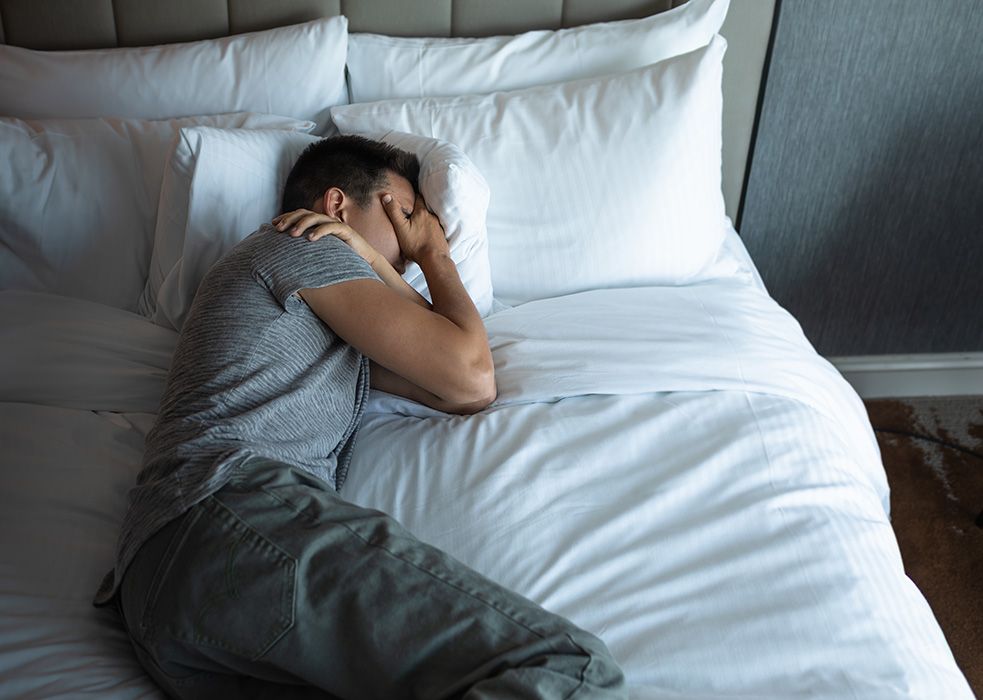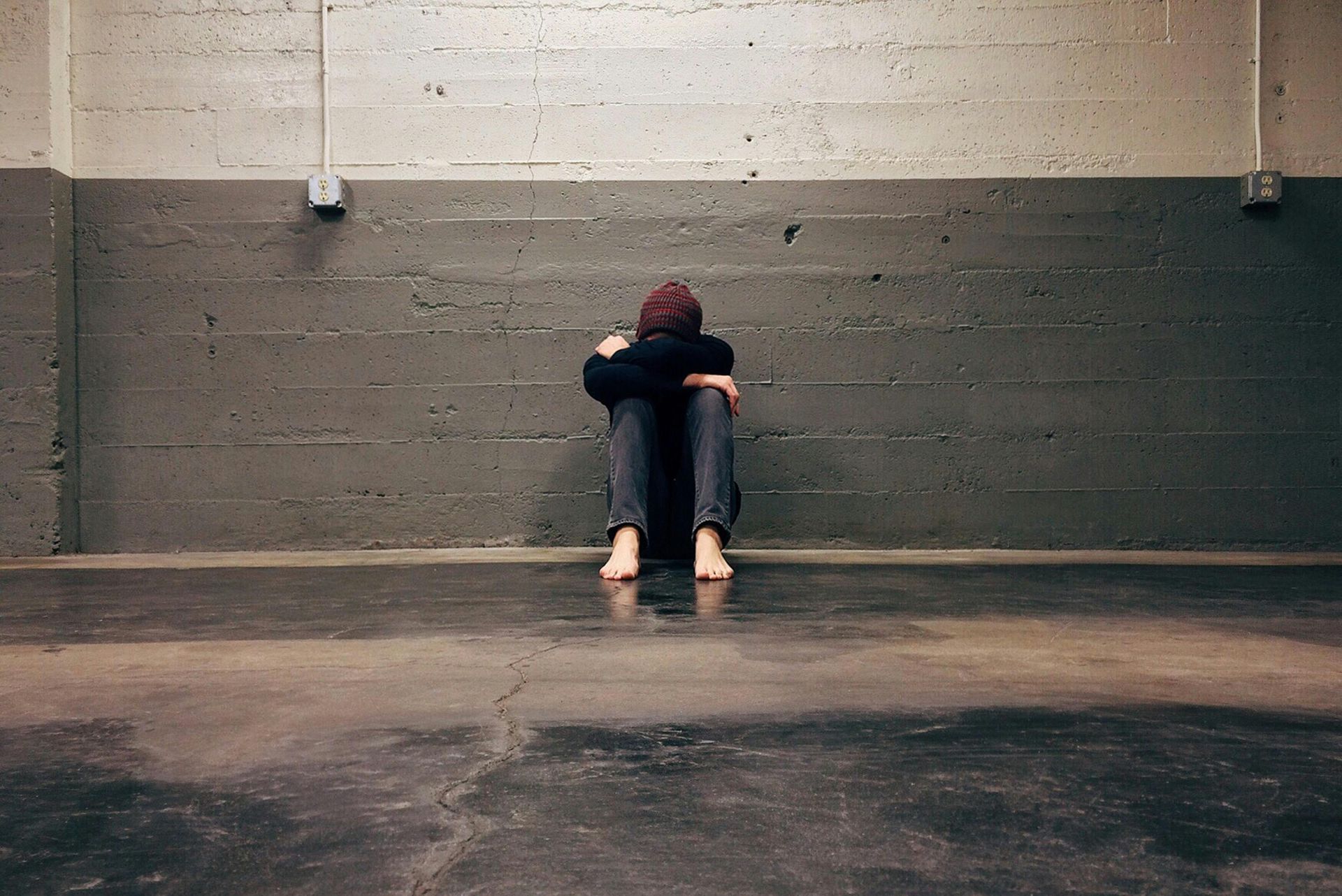Healing Minds, Changing Lives
Welcome to the personal and friendly space of Dr Sharadeh Ramdeny, your trusted Clinical psychologist in Sydney. Embark on a transformative journey with Dr Sharadeh Ramdeny, where personalised therapy meets expert guidance. Whether you're grappling with anxiety, navigating relationship challenges or healing from past traumas, she is here to support you. Together, you and she can chart a course towards a brighter, healthier future, ensuring you feel understood, valued and empowered every step of the way.
Diverse Therapies Tailored for You
Every individual is unique, and so should their therapeutic journey. With Dr Sharadeh Ramdeny, she offers a diverse range of therapies, from short-term to long-term therapy, ensuring each session is tailored to your needs. Dive deep into her holistic approaches and discover the treatment that best resonates with your mental well-being journey.
Discover our effective techniques to manage and overcome your anxiety and worries, helping you reclaim your peace of mind.
Our expert therapist offers compassionate guidance to help you to reduce stress and manage your mood, empowering you to heal and thrive.
We provide psychotherapy to help you navigate and resolve relationship difficulties, fostering stronger and healthier connections.
Why Choose Dr Sharadeh Ramdeny?
Sharadeh is a senior clinical psychologist who has extensive experience working in acute mental health in-patient settings and community mental health. Sharadeh provides psychodynamic therapy- a type of therapy which helps you understand what your past relationships and life experiences mean to you, and the ways in which they may be affecting your life now. Psychodynamic therapy works at a deeper level, often with what is not fully conscious, it is often helpful when other therapies have not been helpful. It can be particularly appropriate for long-standing or complex difficulties, maybe where a person has a range of interrelated “symptoms.” More simply however, it is appropriate if people simply want to understand themselves and their relationships in greater depth.
Sharadeh also offers other types of therapy including schema therapy, interpersonal therapy (IPT), acceptance commitment therapy (ACT), trauma-focused therapy, and attachment-based therapy.
Choosing the right Clinical Psychologist is pivotal for your healing journey. Dr Sharadeh Ramdeny's commitment goes beyond standard care. With a team of professionally accredited experts, she prides herself on going the extra mile, ensuring each session is a step towards profound transformation. Experience the difference between a practice that genuinely prioritises your well-being.
Sharadeh offers a safe space for you to explore and understand life's challenges with clarity. In our care, you’ll find a calm, attentive partnership for your journey toward well-being.
Located in the heart of Sydney’s vibrant Zetland
A serene haven awaits those seeking solace and healing in the heart of Sydney's bustling city. Her clinic, thoughtfully designed to maximise your comfort, is a tranquil oasis amidst the urban rush. Here, therapeutic transformation is not just promised but experienced. Every element of her space is curated to facilitate a deep, enriching therapeutic journey, ensuring that each visit is more than just a session—it's a step closer to your ideal self, set in an environment that understands and nurtures.
Blogs

